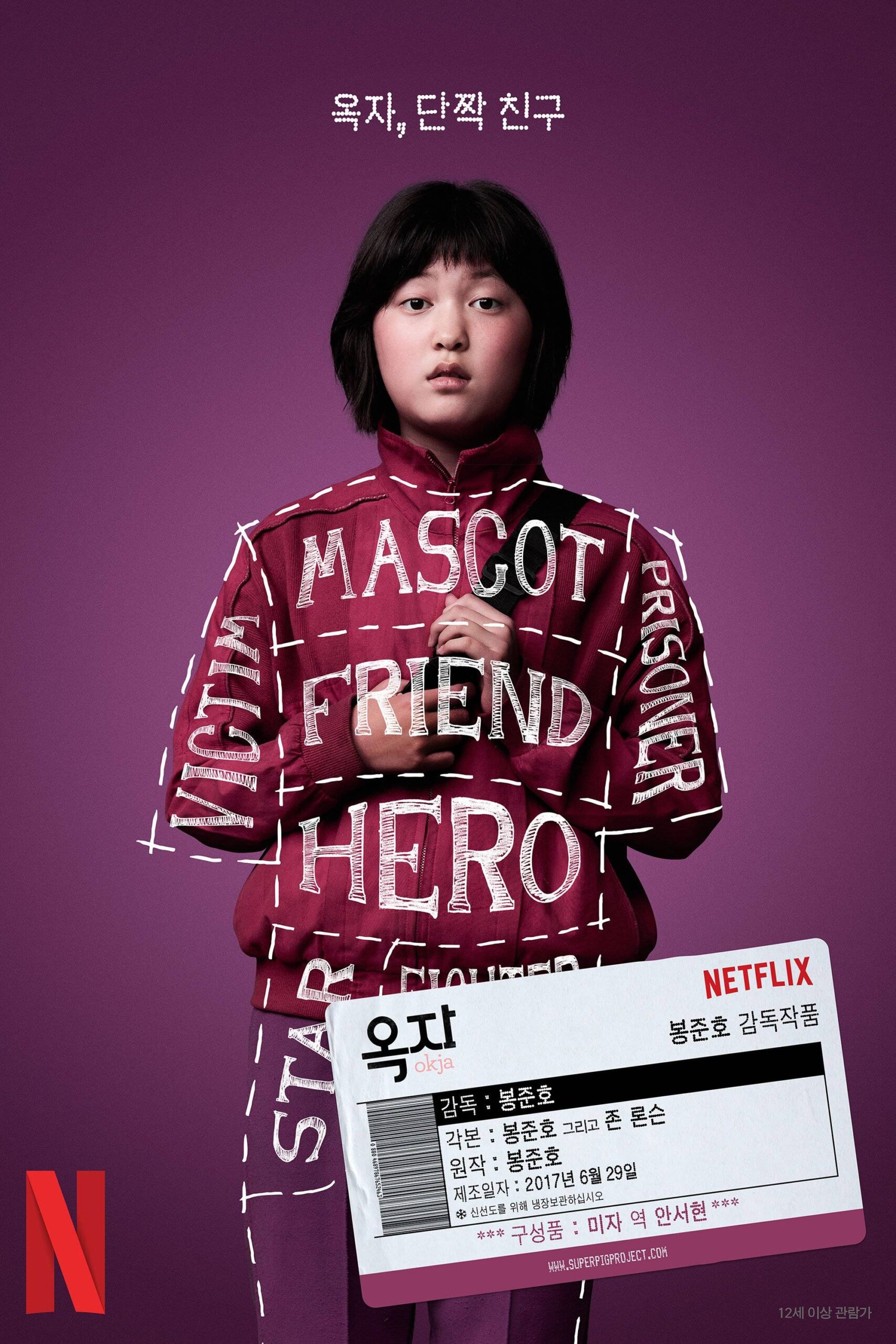
Okja 옥자
Written and directed by Bong Joon-ho
Rating: ★★★★★
No matter how familiar I think I am with Okja’s story, I’m always surprised each time I revisit it. With every viewing, I uncover new layers—a subtle nuance, a fleeting moment, or a line that strikes me in a new way. It’s more than a story about the food industry or the choices we make; at its core, is a profound meditation on capitalism and the human cost of greed. Bong Joon-ho masterfully balances intimate, personal connections with sweeping systemic critique, seamlessly weaving playfulness and heartbreak into a deeply resonant narrative.
The film asks us to examine the systems we so often take for granted—where food comes from, how it is produced, and who pays the price. Through its vivid storytelling and unforgettable visuals, Okja forces us to confront the ethical compromises embedded in modern life. The creature itself, brought to life with stunning visual effects, is both majestic and deeply endearing, a poignant reminder of innocence caught in the machinery of exploitation.
Bong Joon-ho’s direction amplifies every emotion, from the smallest flicker of joy to the sharpest pang of sorrow. The cast delivers extraordinary performances, with Ahn Seo-hyun at the film’s emotional core. Her portrayal is raw and unflinching, grounding the film’s grander ideas in personal, relatable stakes. Supporting performances from Tilda Swinton and Jake Gyllenhaal bring layers of satire and surrealism, further enriching the film’s tone.
What makes Okja so impactful is its refusal to offer easy answers. It acknowledges the brutal realities of the systems it critiques without sinking into cynicism. The film doesn’t pretend that every battle can be won, or that every injustice can be undone—but it still dares to hope. In its bittersweet honesty, it reminds us of the power of compassion, even in the face of overwhelming odds.
Ultimately, Okja transcends its premise, offering a cinematic experience that lingers long after the credits roll. It is a plea for empathy and responsibility, a mirror held up to our collective choices. It doesn’t ask us to look away from harsh truths but instead invites us to imagine something better.
Okja is more than a film; it’s a reflection—of the systems we inhabit, the values we hold, and the connections we can still choose to nurture.
Image Courtesy of Netflix
Comments are closed.